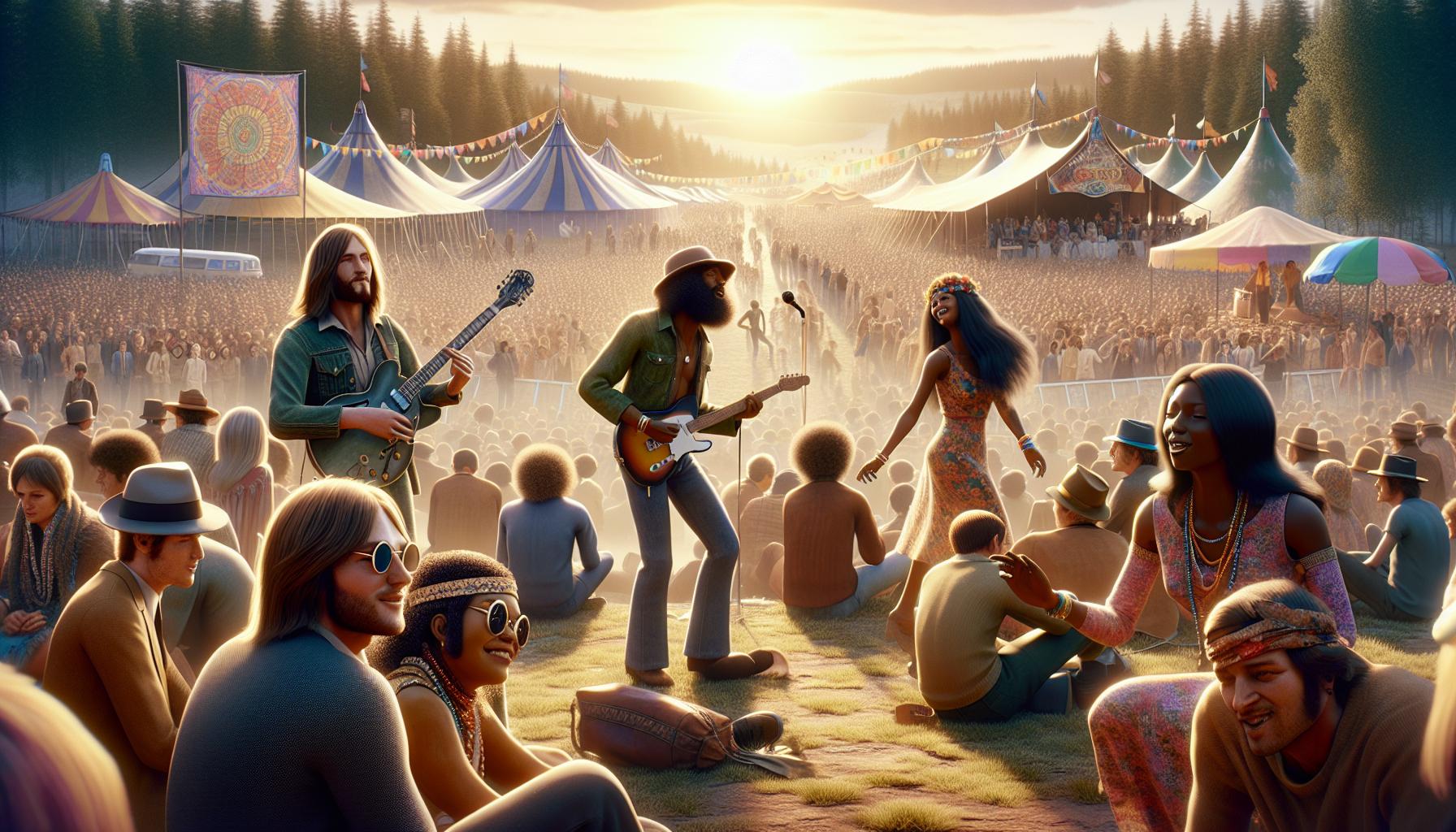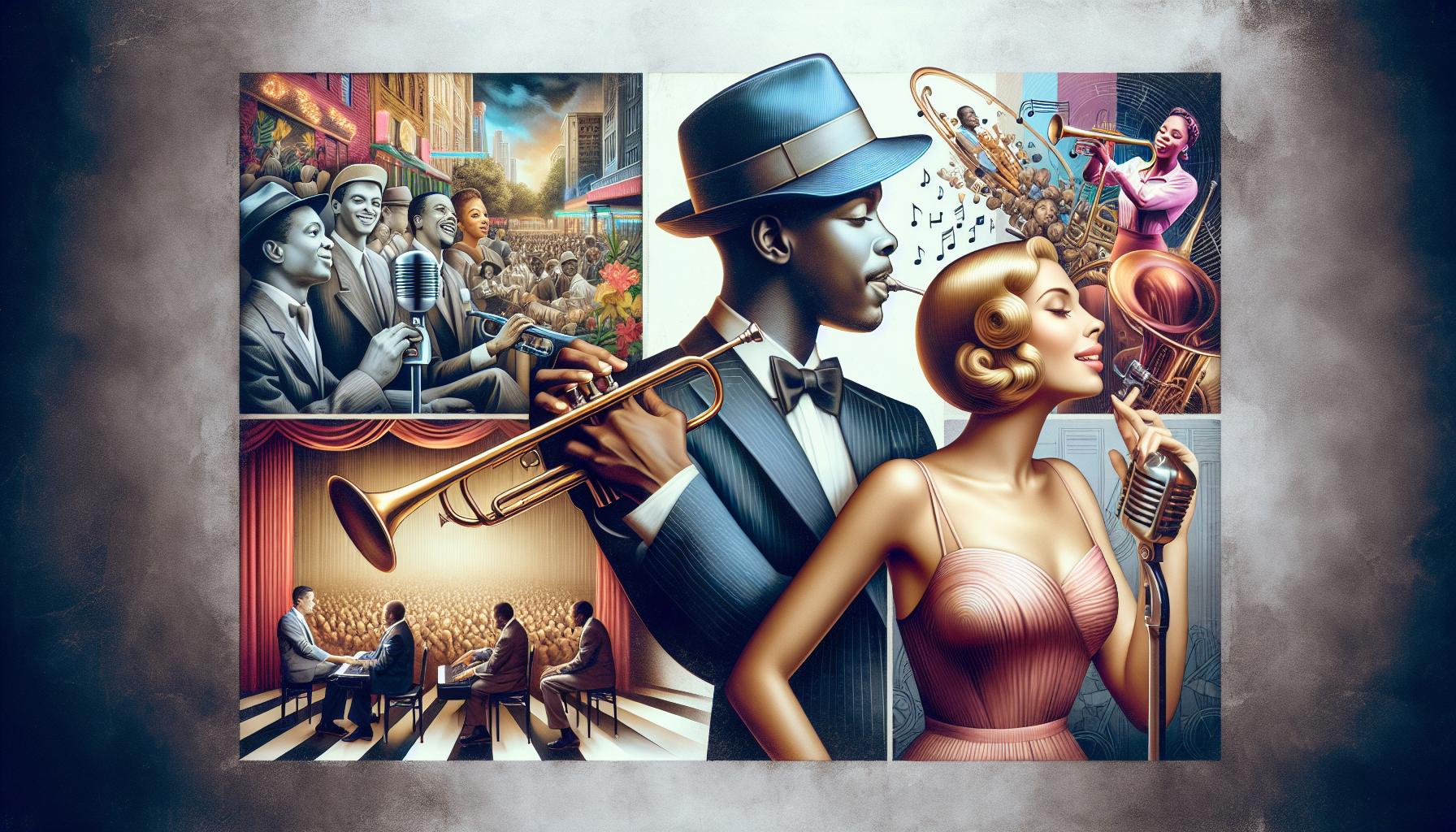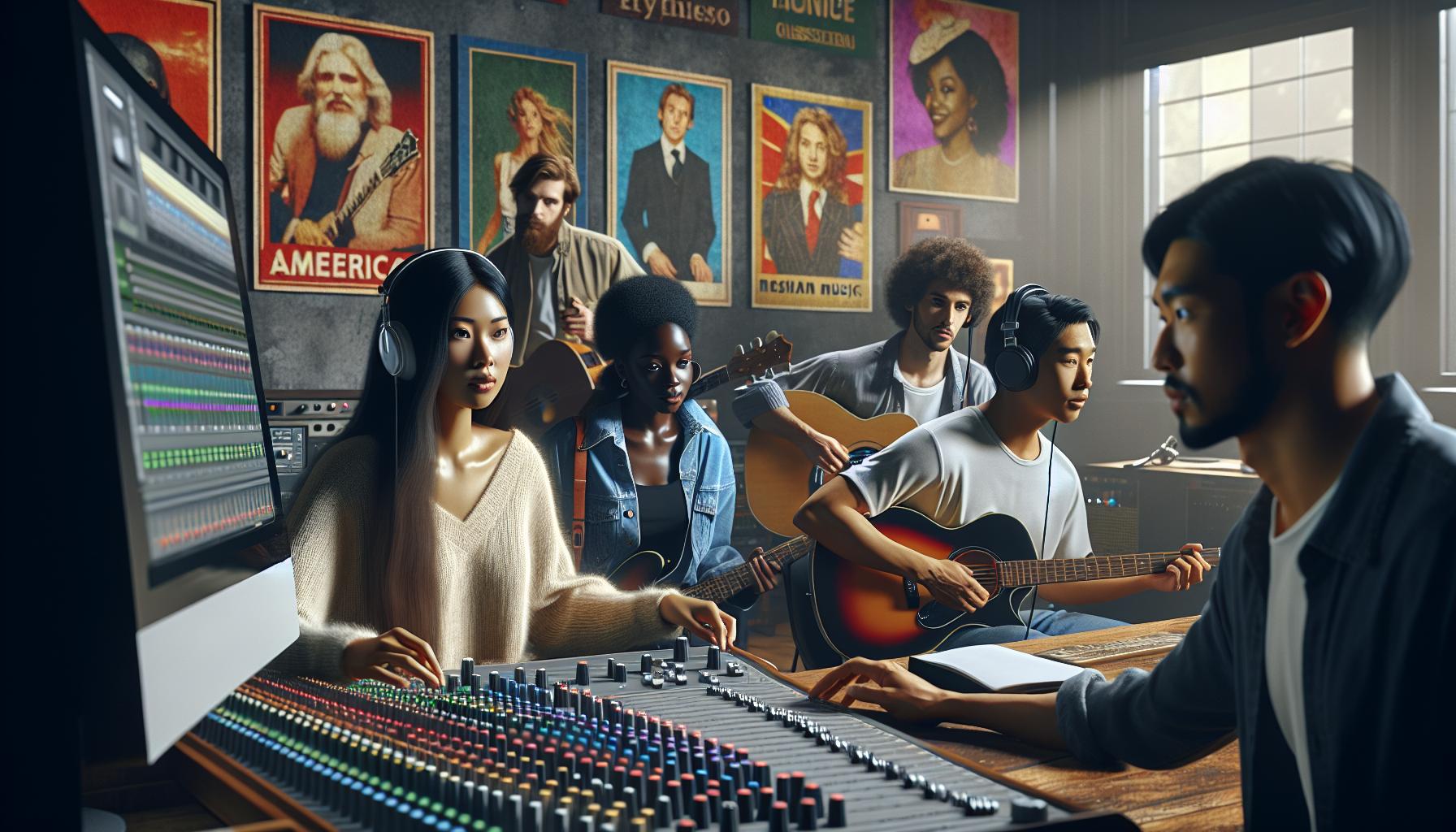Music has always been a powerful reflection of culture and society, evolving through the ages to shape and inspire generations. From the rise of classical compositions to the birth of rock ‘n’ roll, the story of music is rich with innovation and transformation. Today, as the music industry continues to change rapidly, staying updated on the latest developments in music history is essential for enthusiasts and professionals alike.
Recent news highlights intriguing discoveries, groundbreaking releases, and the resurgence of forgotten genres. These updates not only celebrate music’s past but also illuminate its future. By exploring the latest trends and historical revelations, readers can gain a deeper appreciation for the sounds that define our lives and connect us across time and space.
Key Takeaways
- Evolution of Music: Music history showcases a continuous evolution, reflecting cultural changes and societal influences from classical compositions to modern genres like hip-hop and disco.
- Recent Discoveries: Major findings include lost compositions from notable artists and archival footage that deepen our understanding of historical contexts and artistic influences.
- Influential Figures: Biographies and current projects of significant musicians, such as Duke Ellington and Billie Holiday, highlight their lasting impact on the music scene and inspire contemporary artists.
- Trends in Technology: Advancements in technology, including digital recording and streaming platforms, are reshaping music production and consumption, influencing genre popularity and accessibility.
- Future Research Directions: Upcoming music history research emphasizes interdisciplinary approaches and the exploration of diverse cultural contexts, fostering a more comprehensive understanding of music’s role across different societies.
- Community Engagement: Digital platforms facilitate community involvement and outreach, enhancing public access to music history and encouraging discussions about its significance.
Music History News
Music history continues to evolve, presenting numerous updates that excite enthusiasts and professionals alike. Recent discoveries unearth lost compositions, shedding light on influential artists and movements. New releases of historical recordings offer fresh perspectives on classic works, encouraging deeper exploration of artists’ legacies.
Revived genres, once forgotten, gain traction in today’s music scene. For example, the resurgence of genres like disco and folk allows for a new generation to experience their essence. Coverage of these revivals uncovers the social context and cultural significance behind these genres.
Noteworthy events, such as anniversaries of iconic albums or milestones of legendary artists, provide opportunities for celebrations and retrospectives. These occasions enhance understanding of music’s impact on society while honoring its diverse history.
Overall, staying updated on music history news enriches appreciation for the people’s stories behind the songs. Engaging with recent trends and updates helps maintain meaningful connections to music across various eras.
Recent Developments In Music History

Recent developments in music history reveal exciting findings and updates that continue to shape the appreciation of musical evolution. Significant discoveries and notable publications offer fresh insights into cultural and social influences on music.
Major Discoveries
Recent major discoveries include the unearthing of lost compositions by influential artists such as Duke Ellington and Billie Holiday. These collections emphasize the creative processes and societal influences that shaped their work. In addition, archival footage from landmark concerts, like Woodstock 1969, has resurfaced, providing deeper context into the era’s music and its cultural ramifications. Excitingly, the discovery of handwritten scores reveals previously unknown arrangements of iconic songs, enriching the understanding of the music industry’s historical development.
Notable Publications
Notable publications in music history include comprehensive analyses of genre evolution and studies of legendary musicians. Books such as “The Roots of Rock: A Historical Perspective” examine influences from blues and jazz that led to rock music’s emergence. Another significant release, “The Lost Lyrics: Unpublished Works of Bob Dylan,” showcases previously unseen lyrics that offer new interpretations of his artistry. Journals focusing on musicology are also publishing groundbreaking research, with articles detailing the impact of technology on music distribution and consumption across decades. Such publications deepen the understanding of music’s role in shaping cultural narratives.
Influential Figures In Music History Today

Recent developments highlight the impact of prominent musicians on contemporary music culture. Their contributions continue to shape the industry landscape while providing crucial insights into historical contexts.
Biographies
Biographies of influential artists shed light on their journeys and creative processes. Recent biographies include Duke Ellington: A Biography by Harvey G. Cohen, which delves into Ellington’s innovation in jazz and his efforts to elevate the genre. Billie Holiday: The Musician and the Myth by John Szwed explores Holiday’s complex life and her lasting influence on vocal jazz. The release of these works enhances appreciation for the talents that defined eras and their societal implications.
Current Projects
Current projects highlight the ongoing influence of legendary musicians. Major artists often engage in retrospective albums, collaborations, and remastered works. For example, the release of a newly discovered album by Prince illuminates his creative genius and unearths his unreleased material. Contemporary artists like H.E.R. and Anderson .Paak frequently cite historical figures as inspirations, indicating the continuous interplay between past and present. Documentaries, such as the recent exploration of Tina Turner’s career, provide a lens into the lives of artists who have transformed music history.
Analysis Of Trends In Music History

Trends in music history reveal dynamic shifts influenced by technology and changing genres. These factors shape the music landscape and highlight the importance of understanding historical context.
Impact Of Technology
Technology significantly influences music production, distribution, and consumption. Digital recording methods enable artists to create high-quality tracks with minimal equipment, democratizing the recording process. Streaming platforms like Spotify and Apple Music revolutionize access, allowing users to explore diverse genres and global artists effortlessly. Social media’s role in music promotion has grown, with platforms like TikTok and Instagram helping songs go viral, often leading to unprecedented chart successes. Notable transformations, such as the transition from vinyl to digital formats, underscore technology’s ongoing impact on music history.
Changes In Genre Popularity
Genre popularity fluctuates over time, affected by cultural shifts and societal events. For instance, the rise of hip-hop in the late 20th century marked a significant change in mainstream music, reflecting urban experiences and social issues. Similarly, the resurgence of genres like disco and folk invites contemporary listeners to embrace the roots of modern music. Recent trends show an increasing interest in hybrid genres, such as trap and lo-fi, blending various influences to create fresh sounds. Observing these changes offers insights into how music evolves alongside cultural attitudes and movements.
Future Directions In Music History Research
Future directions in music history research focus on interdisciplinary approaches, integrating technology, and examining diverse cultural contexts. Scholars aim to combine musicology with disciplines like sociology, anthropology, and digital humanities. This integration enhances understanding of music’s role in societal structures and individual identities.
Developments in artificial intelligence (AI) offer new avenues for analysis. AI facilitates music analysis by identifying patterns and trends, providing deeper insight into historical compositions. Researchers utilize machine learning algorithms to study vast archives, accelerating the discovery of musical connections across genres and time periods.
Exploration of underrepresented music traditions also remains vital. Studying indigenous music, women composers, and local genres offers insight into the broader musical landscape. This focus ensures a more comprehensive understanding of music’s evolution and the diverse societal influences shaping it.
Advancements in archival practices revolutionize access to historical materials. Digitization projects provide public access to rare recordings, manuscripts, and documents, democratizing research opportunities. Collaborative platforms allow musicians, historians, and enthusiasts to share findings and materials, fostering collective knowledge.
Utilizing social media and digital platforms enables community engagement and outreach. Researchers can share discoveries and connect with audiences, promoting discussions about music history. This engagement nurtures interest in historical contexts and encourages new generations to explore their musical heritage.
Overall, future research in music history emphasizes technology’s role, inclusivity, and community engagement, promising a richer understanding of music’s impact on culture and society.
Connection Between Past And Present
Music history continues to evolve and resonate with contemporary society. Recent discoveries and archival footage enrich the narrative of influential artists and their contributions. As forgotten genres make a comeback and new collaborations emerge, the connection between past and present becomes increasingly evident.
The integration of technology and interdisciplinary research opens doors to fresh insights and broader understanding. By exploring underrepresented traditions and embracing digital advancements, scholars are shedding light on music’s profound impact on culture.
The future of music history promises to reveal even more about the stories behind the songs that shape our world. Engaging with these developments allows enthusiasts and professionals alike to appreciate the intricate tapestry of music’s journey through time.